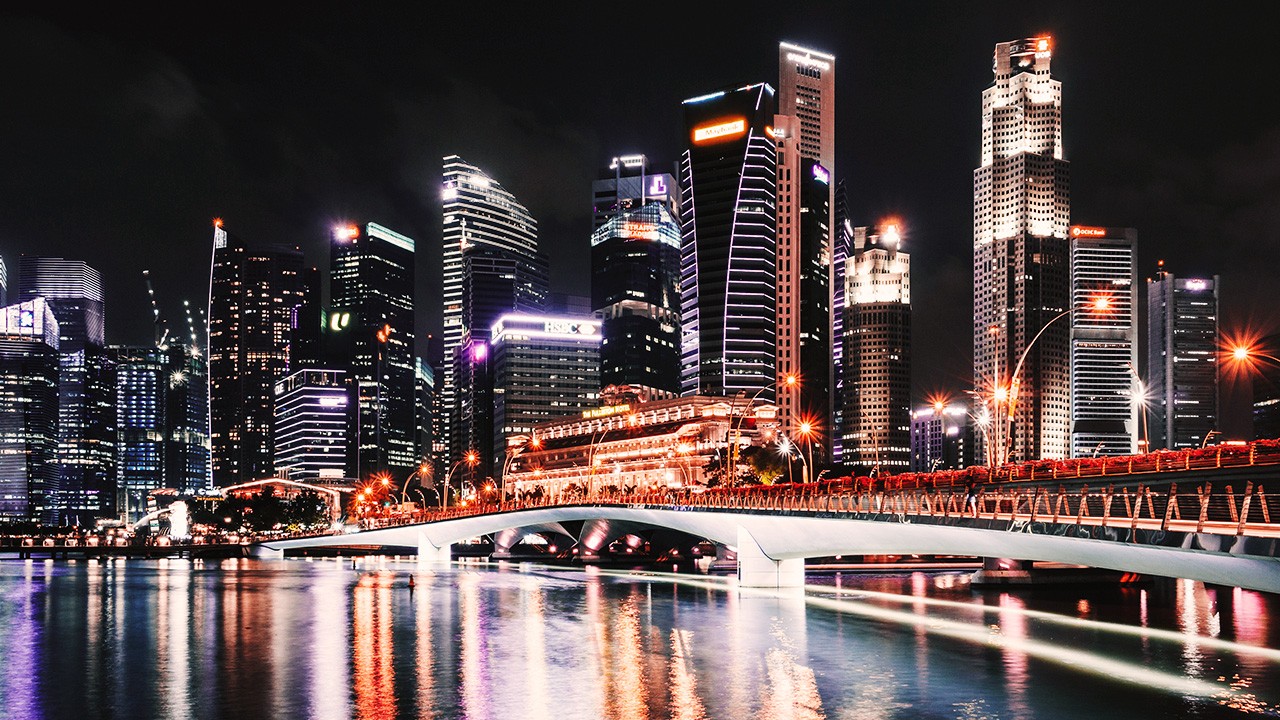Urbanisation: Developing Cities for a Sustainable Future

The greatest challenge of the 21st century will be balancing urbanisation and ecological sustainability. Half the world’s population live in cities today, and this number will climb to 75 per cent by 2050, the United Nations estimates.
As people move from villages to cities on an unprecedented scale – and cities double their collective size – the world must seek better ways to solve urban problems such as over-crowding, pollution and inadequate public services. Meanwhile, climate change is posing a grave threat to cities globally, with rising temperatures and more frequent and severe natural disasters threatening food, water and energy security.
Along with urban population growth, the strain on scarce natural resources will increase. Indeed, there is no industry that will remain immune to urbanisation.
To discuss these issues, Singapore investment company Temasek hosted the Ecosperity conference for the second consecutive year on September 18.
Some 300 leaders from business, government and academia gathered in Singapore’s Shangri-La Hotel to deliberate urbanisation challenges from policy to urban planning, finance to infrastructure, and to imagine the cities of the future.
Held in partnership with Goldman Sachs, National University of Singapore’s School of Design and Environment, NUS Institute of Real Estate Studies, and Centre for Liveable Cities, the conference was themed “Urbanisation: Developing cities for a sustainable future”.
I don't think it is an exaggeration to say urbanisation will be the greatest social and ecological challenge of our time.
In his opening speech, Lee Theng Kiat, president of Temasek, declared that ecological sustainability and economic prosperity can co-exist. “We don’t see these concepts as mutually exclusive; rather, they must go together,” he said.
While the challenge is daunting, it is also exciting, giving older cities the opportunity to rejuvenate themselves through new infrastructure and urban planning. New cities will hopefully learn from history too, Lee added.
Gary Cohn, president and chief operating officer of Goldman Sachs, said the bank hopes to continue enabling global trends in sustainability and urbanisation, and to do so in an environmentally and socially responsible way.
“The theme of sustainable cities is important not only in Asia’s developing economies, where urbanisation continues to be a key trend, but also in Asia’s more developed economies, where sustainability is a key area of focus,” Cohn told the audience.
As custodians of national borders, governments must shoulder the responsibility of dealing with the impact of rapid urbanisation. They must create policies to address social and environmental issues such as over-crowding, pollution, congestion, and socio-economic inequality.
As cities grow, governments must also provide residents with affordable access to food, energy, water, transport, and other public services. With resource scarcity and worsening climate change complicating the global picture, it is clear that achieving the multiple objectives will not be easy.
How will policymakers achieve growth which is not only economically productive but also environmentally sustainable, socially cohesive and resilient to climate change?









